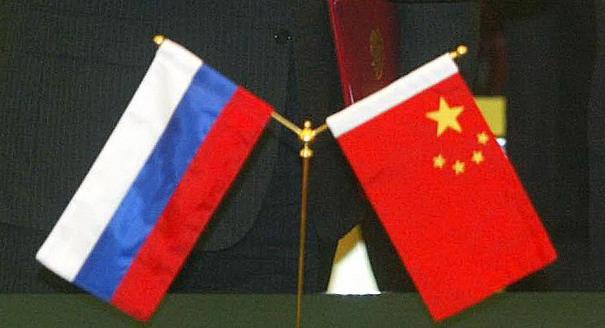In the last quarter-century, Sino-Russian relations have arguably changed more fundamentally than any other great power relationship in the world. In 1979, as Deng Xiaoping was starting his reforms, China’s GDP was 40% of that of the Soviet Russian republic; now, it dwarfs that of the Russian Federation by a factor of four. In the 1980s, the Soviet Union boasted a huge industrial potential; China’s industry as it existed then had been built with Soviet assistance. Now, China is the world’s workshop, and Russia is essentially a raw materials provider to it. Those Chinese who in the 1980s had a chance to enjoy or merely observe the Soviet way of life were attracted to it. Today, Heihe and Suifenhe, which used to be primitive villages, are modern and glitzy cities, overlooking proudly the rather shabby Russian towns across the border.
Even as China has been growing at a phenomenal rate, Russia has found it very difficult to rebuild its economy, the state and society on a new foundation. China’s power and influence have increased dramatically; post-Soviet Russia, having plunged several notches down in the world’s power hierarchy, has struggled to remain an important player. China’s and Russia’s roles have become reversed. China stopped being a weak and backward neighbor to be dominated, led or assisted by Russia; and Russia has not only ceased to be a mentor or a model to China, but for the first time ever has had to concede, however tacitly, China’s primacy over it in world affairs.
The most stunning fact about this role reversal is that, in this environment, Sino-Russian relations have not stopped improving. Moscow has not lost its head when looking at China’s rise, and has not become obsessed with a China threat. A few factors have played a role there, including a bit of racism and real and heavy obsession with the United States and the West, but Beijing’s smart treatment of its neighbor was probably a key factor. The Chinese decided to show Russia respect and never attempt to humiliate the former superpower. This paid off, allowing China’s foreign policy to reap political, economic, and strategic benefits.
Today’s China confronts Russia with a serious set of questions. How to use the relationship to foster development, while avoiding dependence? How to build real trust in the atmosphere of obligatory political correctness? How to chart a safe course between the 21st century giants, China and America?
